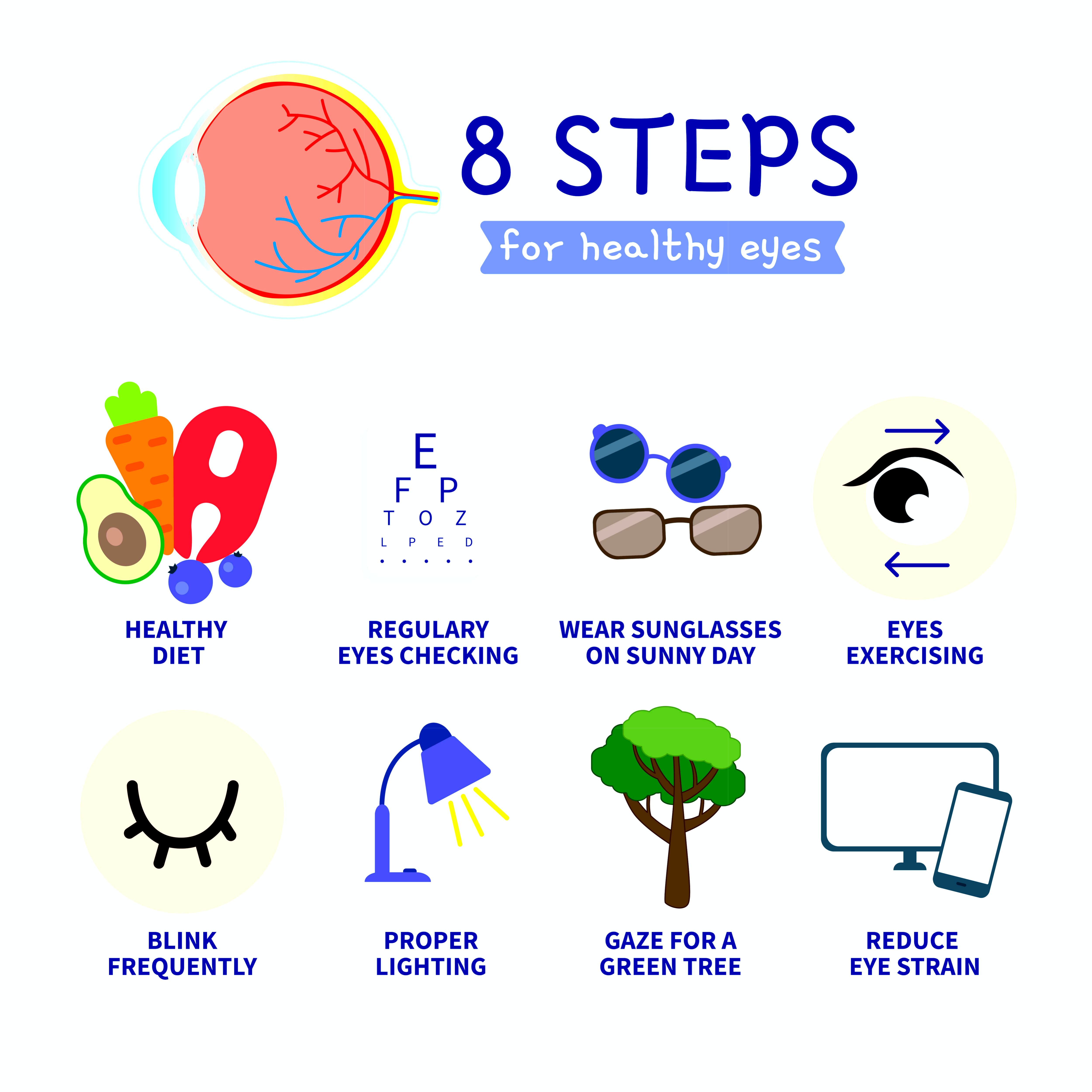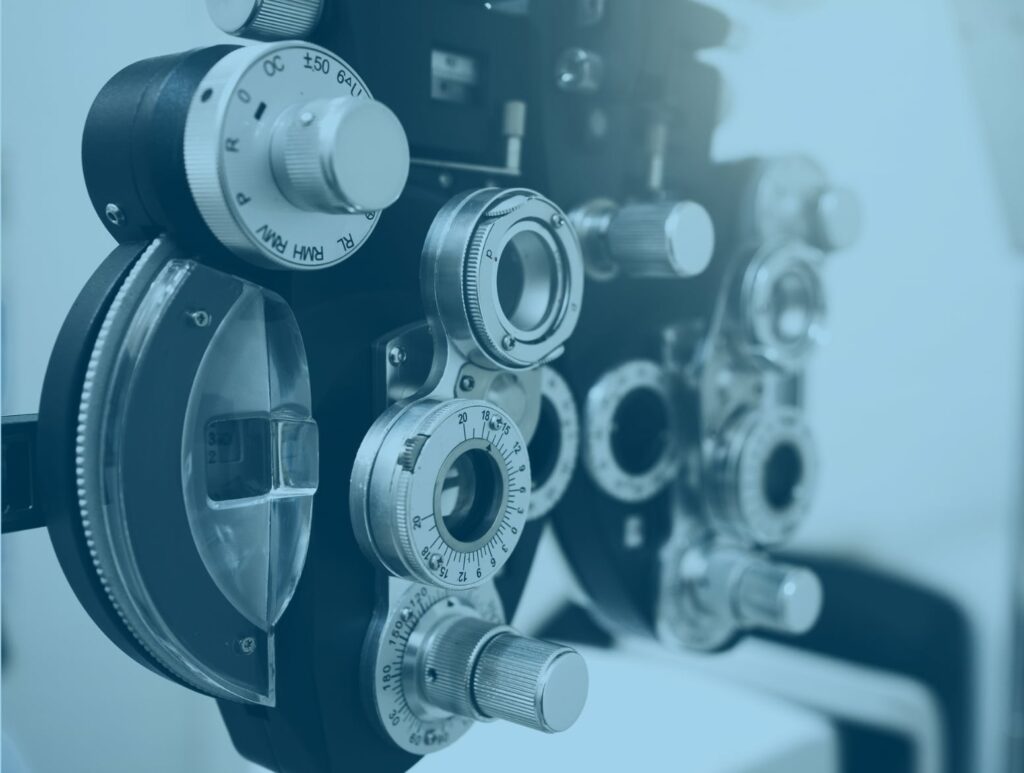All Categories
Featured
Low vision is a condition that substantially affects everyday tasks like analysis, driving, or recognizing faces, also with rehabilitative lenses. For people facing such challenges, reduced vision rehab uses a pathway to regain self-reliance and boost lifestyle. Let's dig right into the offered choices for low vision recovery and exactly how they assist people navigate the globe much more confidently.
Understanding Reduced Vision Rehabilitation
Low vision rehab is a customized service developed to make best use of the practical abilities of people with irreversible vision problems. This multidisciplinary strategy entails assessments, training, and devices customized to each person's distinct needs. The goal is to empower people by enhancing their remaining vision and training strategies to adjust to their environment.
Key Options in Low Vision Rehabilitation
Comprehensive Eye Examinations
A low vision professional does in-depth analyses to recognize the extent of vision loss and recognize suitable treatments. These exams concentrate on figuring out the person's visual skill, field of vision, and light level of sensitivity.
Assistive Gadgets and Innovation
A wide variety of tools and technologies are offered to assist people with reduced vision:
Magnifiers: Handheld, stand-mounted, or electronic magnifiers help enlarge message or images.
Telescopic Lenses: Useful for range watching, such as enjoying television or reading street signs.
Display Viewers: Software application that reviews out loud the message on a display, aiding those that have problem with analysis.
CCTV Solutions: Closed-circuit tvs amplify published material or things for less complicated watching.
![]()
Smartphone Applications: Apps like Be My Eyes or Seeing AI supply real-time support and descriptions of environments.
Training Programs
Vision recovery includes training to maximize the use of remaining vision and adapt to new devices:
Positioning and Mobility Training: Aids individuals browse strange rooms and utilize canes or overview dogs properly.
Daily Living Abilities: Educates strategies for food preparation, brushing, and other day-to-day tasks with minimal vision.
Aesthetic Abilities Training: Entails workouts to enhance outer vision or enhance emphasis.
Ecological Adjustments
Adjusting the home or workplace can considerably boost self-reliance:
Installing brighter illumination and contrasting shades.
Including responsive pens to devices.
Arranging furnishings to develop clear paths and minimize obstacles.
Therapy and Emotional Support
Vision loss can be psychologically challenging. Support teams and therapy services help individuals deal with the psychological impact and construct strength.
Who Provides Reduced Vision Rehab?
Low vision rehabilitation services are offered by:
Low Vision Specialists: Optometrists or eye doctors with additional training.
Work Therapists: Specialists who concentrate on enhancing everyday functioning.
Rehabilitation Therapist: Specialists who help with psychological and psychological assistance.
![]()
Verdict
Low vision rehabilitation is a lifeline for those living with substantial vision loss. If you or a liked one is experiencing vision challenges, take into consideration getting to out to a reduced vision expert to check out these transformative rehab solutions.
Understanding Reduced Vision Rehabilitation
Low vision rehab is a customized service developed to make best use of the practical abilities of people with irreversible vision problems. This multidisciplinary strategy entails assessments, training, and devices customized to each person's distinct needs. The goal is to empower people by enhancing their remaining vision and training strategies to adjust to their environment.
Key Options in Low Vision Rehabilitation
Comprehensive Eye Examinations
A low vision professional does in-depth analyses to recognize the extent of vision loss and recognize suitable treatments. These exams concentrate on figuring out the person's visual skill, field of vision, and light level of sensitivity.
Assistive Gadgets and Innovation
A wide variety of tools and technologies are offered to assist people with reduced vision:
Magnifiers: Handheld, stand-mounted, or electronic magnifiers help enlarge message or images.
Telescopic Lenses: Useful for range watching, such as enjoying television or reading street signs.
Display Viewers: Software application that reviews out loud the message on a display, aiding those that have problem with analysis.
CCTV Solutions: Closed-circuit tvs amplify published material or things for less complicated watching.

Smartphone Applications: Apps like Be My Eyes or Seeing AI supply real-time support and descriptions of environments.
Training Programs
Vision recovery includes training to maximize the use of remaining vision and adapt to new devices:
Positioning and Mobility Training: Aids individuals browse strange rooms and utilize canes or overview dogs properly.
Daily Living Abilities: Educates strategies for food preparation, brushing, and other day-to-day tasks with minimal vision.
Aesthetic Abilities Training: Entails workouts to enhance outer vision or enhance emphasis.
Ecological Adjustments
Adjusting the home or workplace can considerably boost self-reliance:
Installing brighter illumination and contrasting shades.
Including responsive pens to devices.
Arranging furnishings to develop clear paths and minimize obstacles.
Therapy and Emotional Support
Vision loss can be psychologically challenging. Support teams and therapy services help individuals deal with the psychological impact and construct strength.
Who Provides Reduced Vision Rehab?
Low vision rehabilitation services are offered by:
Low Vision Specialists: Optometrists or eye doctors with additional training.
Work Therapists: Specialists who concentrate on enhancing everyday functioning.
Rehabilitation Therapist: Specialists who help with psychological and psychological assistance.

Verdict
Low vision rehabilitation is a lifeline for those living with substantial vision loss. If you or a liked one is experiencing vision challenges, take into consideration getting to out to a reduced vision expert to check out these transformative rehab solutions.
Latest Posts
Unlock Your Financial Partner at WyHy – Low Rates for Members
Published May 25, 25
1 min read
Enhance Your Building with Overhead Door Systems
Published May 24, 25
1 min read
Unlock WyHy Federal Credit Union – Key Tools for Your Future
Published May 24, 25
1 min read